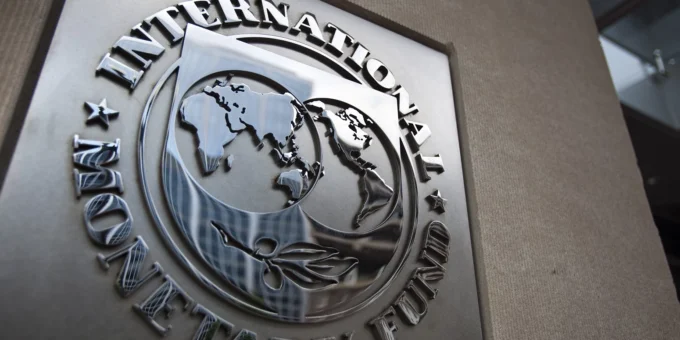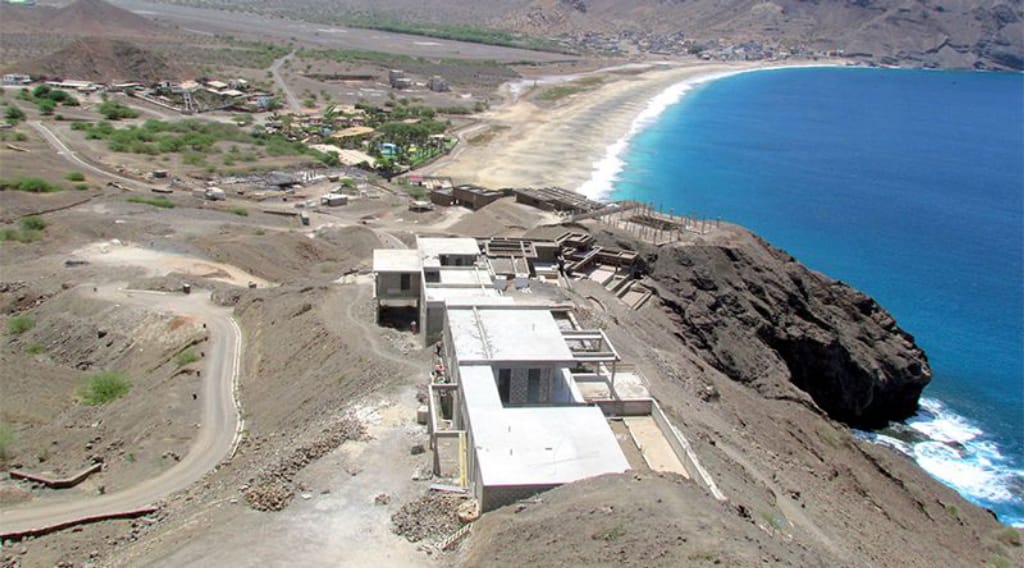
Reducing business costs is a strategic priority for many companies, especially in emerging markets like Cape Verde.
In this context, operational efficiency and effective resource management are key to guaranteeing competitiveness and long-term sustainability.
This report explores practical strategies that Cape Verdean companies can implement to optimise their costs without compromising the quality of their products or services.
The country's economy is heavily dependent on tourism, emigrants' remittances and some niche industries, such as fishing and agriculture. However, global economic volatility and the logistical limitations inherent to an island country require local companies to adopt innovative approaches to cost management.
Implementing cost reduction strategies can include renegotiating contracts with suppliers, adopting digital technologies to automate processes, and organisational restructuring to improve efficiency. In addition, continuous employee training and promoting a culture of innovation are essential for companies to remain competitive in a constantly evolving market.
This report aims to provide a detailed analysis of best practices and innovative approaches that can be adapted to the Cape Verdean context, based on recent data and market trends. Throughout the document, the implications of these strategies for the sustainable growth of local companies will be discussed, as well as the opportunities and challenges that may arise in the implementation process.
Contents
The Cape Verdean market has faced significant challenges, but also opportunities for growth, especially in the context of reducing business costs.
Cape Verde, an archipelago located on the west coast of Africa, has an economy heavily dependent on tourism, emigrant remittances and foreign aid.
With a GDP of approximately 2 billion dollars in 2023, the country has sought to diversify its economy to reduce vulnerability to external shocks (World Bank).
One of the main strategies for reducing costs in the Cape Verdean market is the automation and digitalisation of business processes.
Implementing digital technologies can significantly reduce operating costs by increasing efficiency and reducing the need for intensive labour. Companies in Cape Verde are adopting software solutions for inventory management, customer service and digital marketing, which has led to cost reductions of up to 30% in some sectors.
Another effective strategy is investment in renewable energy. Cape Verde has significant potential for solar and wind power generation, which can reduce companies' energy costs.
The transition to renewable energy sources not only reduces operating expenses, but also aligns companies with global sustainability goals.
Optimising the supply chain is crucial to reducing costs in Cape Verde. Due to the country's geographical location, import costs are high, which has a direct impact on companies' expenses.
Implementing strategies such as local sourcing, negotiating better terms with suppliers and using supply chain management technologies can result in significant savings.
Forming strategic partnerships with other companies can be an effective way of reducing costs. In Cape Verde, inter-company co-operation allows for the sharing of resources and knowledge, which can result in economies of scale. For example, companies in the tourism sector have collaborated to share infrastructure and services, thus reducing individual operating costs.
The Cape Verdean government has implemented policies to support companies in reducing costs, including tax incentives and subsidies for investments in technology and renewable energy.
These measures aim to ease the tax burden on companies and encourage sustainable and efficient business practices.
Investing in employee training is an essential strategy for reducing costs in the long term.
In Cape Verde, improving the skills of the workforce can increase productivity and reduce the need to hire external labour, which tends to be more expensive. Continuous training programmes have been shown to increase efficiency by up to 25%.
Finally, adapting products and services to local preferences can result in significant savings. Understanding the cultural nuances and specific needs of the Cape Verdean market allows companies to offer products that are more in line with consumer expectations, thus reducing the costs associated with marketing campaigns and product adjustments.
Companies that have adopted this approach have reported a reduction in marketing costs of around 10% .
These strategies, when implemented effectively, can help companies in Cape Verde reduce costs, increase competitiveness and promote sustainable growth in the local market.
Restructuring internal processes is a fundamental strategy for reducing costs, which differs from the automation and digitalisation already discussed. While automation focuses on implementing technology, process restructuring involves analysing and optimising existing workflows to eliminate inefficiencies.
Although optimising the supply chain has already been discussed, negotiating directly with local suppliers can offer additional benefits.
This strategy not only reduces transport and import costs, but also strengthens the local economy.
Unlike investing in renewable energy, implementing energy efficiency programmes aims to optimise existing energy consumption.
In Cape Verde, where electricity costs are high, measures such as installing LED lighting systems and regular maintenance of equipment can reduce energy consumption by up to 25% .
Reviewing fixed cost structures is a practice that can lead to substantial savings. Unlike capacity building and training, which focuses on human capital, this strategy analyses fixed expenses such as rent and service contracts.
While the digitalisation of processes has been covered, the specific use of CRM technologies can offer additional advantages. These tools allow for better segmentation and personalisation of customer service, which can increase retention and reduce the costs of acquiring new customers.
Evaluating and adjusting product portfolios is a strategy that focuses on identifying products or services that are unprofitable or in low demand. By discontinuing or adjusting these products, companies can reduce production and inventory costs.
Developing flexible business models is an approach that allows companies to adapt quickly to market changes, avoiding costs associated with obsolete operations. This strategy differs from cultural and market adaptation in that it focuses on the organisational structure and not just the product offering.
Although government support and tax incentives have been mentioned, focussing specifically on tax incentives for innovation can offer additional opportunities to reduce costs.
Outsourcing non-strategic services is a practice that can free up internal resources and reduce operating costs. Unlike inter-company co-operation, which involves partnerships, outsourcing focuses on hiring external services for functions such as accounting and IT.
Implementing continuous performance monitoring systems is a strategy that allows companies to quickly identify areas of waste and implement improvements. This approach differs from simple training in that it focuses on performance metrics and not just skills.
Implementing cost reduction strategies requires a continuous assessment of operational efficiency to ensure that financial objectives are met. In Cape Verde, the assessment of operational efficiency can be carried out by analysing key performance indicators (KPIs) specific to each sector. For example, companies in the tourism sector can monitor occupancy rates and revenue per available room, while manufacturing companies can focus on productivity per hour worked.
Implementing cost management systems is crucial to effectively reducing expenses. These systems allow Cape Verdean companies to identify high-cost areas and implement corrective measures. Tools such as Activity-Based Costing (ABC) help to allocate costs more accurately, allowing a clear view of where resources are being spent.
Strategic partnerships are an effective approach to reducing costs, but they require careful evaluation of the results to ensure that the expected benefits are realised. In Cape Verde, companies can form partnerships with local suppliers to reduce transport and logistics costs. Evaluating these partnerships should include analysing economies of scale, improvements in the quality of products and services, and the impact on profit margins.
While continuous performance monitoring has been covered previously, innovative technology monitoring focuses on assessing the impact of new technologies on reducing costs. In Cape Verde, the adoption of technologies such as artificial intelligence and automation can transform business processes, resulting in significant savings.
Reviewing pricing strategies is an essential component in evaluating cost reduction results. Adjusting product and service prices can maximise revenue without compromising competitiveness. In Cape Verde, companies that adopt dynamic pricing strategies, which adjust prices based on demand and variable costs, manage to improve their profit margins by up to 30%. The analysis must consider factors such as demand elasticity, production costs and local competition to ensure that pricing strategies are effective.
Each of these subsections offers a unique insight into the implementation and evaluation of results in the Cape Verdean context, complementing the cost reduction strategies discussed in previous reports.
The research report on cost reduction strategies in the Cape Verdean market highlights several practical approaches that can be implemented to improve operational efficiency and increase the competitiveness of local companies. Among the main strategies identified are the automation and digitalisation of processes, which can reduce operating costs, and investment in renewable energy, which can lower energy expenses. In addition, optimising the supply chain and negotiating with local suppliers are crucial to mitigating high import costs.
The implications of these findings are significant for the business environment in Cape Verde. Adopting these strategies not only promotes the financial sustainability of companies, but also contributes to the country's economic development by strengthening the local economy and reducing dependence on external resources.
Government support, through tax incentives and subsidies, is essential to facilitate the implementation of these innovative and sustainable practices (Government of Cape Verde). As next steps, companies should focus on continuously training their employees and adapting their business models to local conditions, thus ensuring a holistic approach to reducing costs and promoting sustainable growth in the Cape Verdean market.







